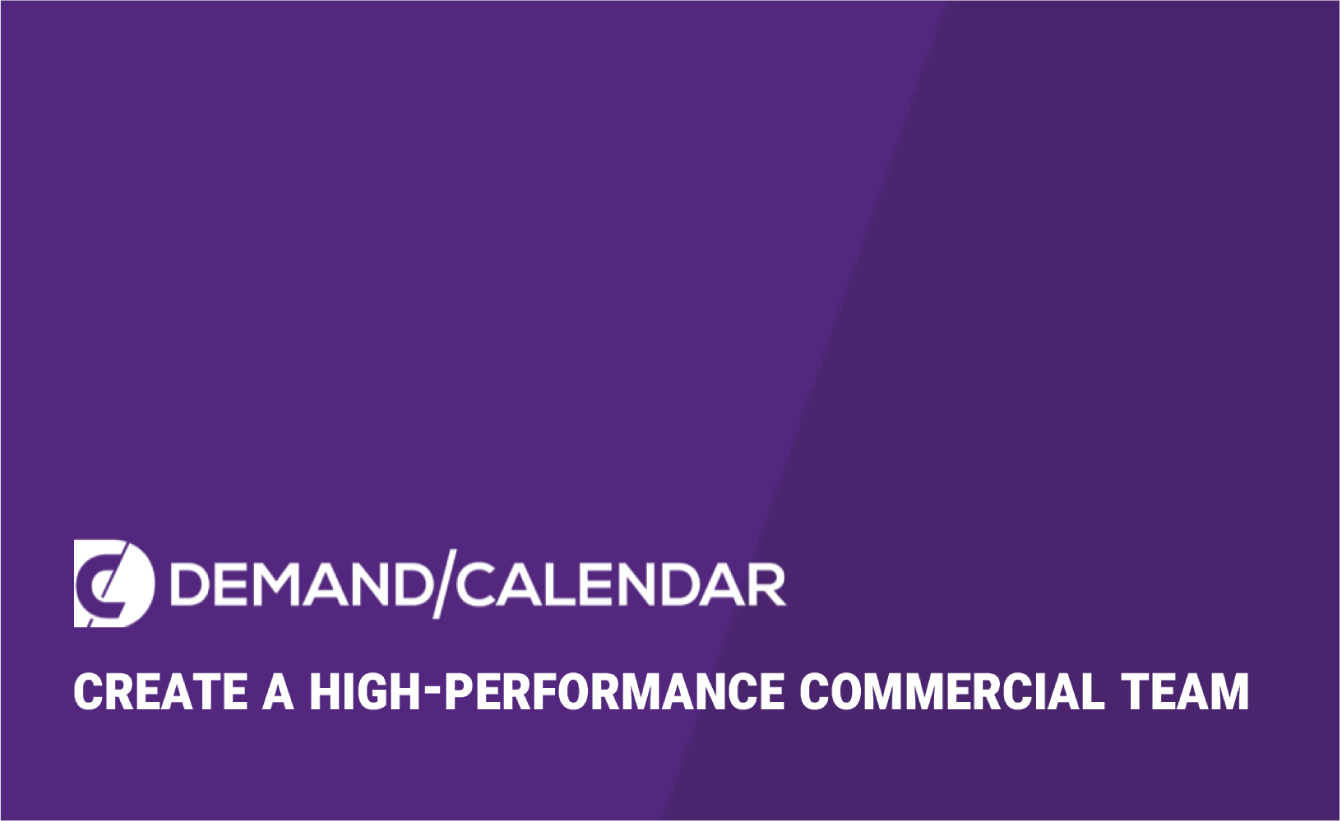Commercial work in hotels does not have the same detailed standard operating procedures as other departments, which might explain why roles work in silos and often have contradicting goals. A systematic approach to commercial work would increase productivity. The impact would be more revenue and a lower customer acquisition cost.
Hospitality is often said to be a people business. Words associated with hotel people are extrovert, flexible, and emotional, probably ideal for service staff. But, thankfully, on the flip side of this, endless standard operating procedures force these extroverts, flexible and passionate people, to follow predetermined processes. This thinking aligns with what the management consultant Edwards Deming argued in his book "Out of the Crises": 94 % of most problems and possibilities for improvement belong to the system, not the individual.
Use the same data
In a digitalized world, people make decisions based on reliable data. Most work, however, in the commercial team in a hotel resides in the individual's head or computer. Everyone has formed their view based on the data they found interesting, collected, and analyzed. The challenge is to know what people are working on, their workload, and who has the best information. Often stored in Excel, personal information only creates frustration and conflict instead of cooperation and teamwork. The solution is to keep data in one place, let everyone in the team access the same data, and even better, let the system serve the team with pre-analysis, dashboards, and reports ready to view and distribute. A system saves many hours of mundane manual work, eliminates countless emails within the team, and reduces the need for status meetings. With a system developed for commercial teams in hotels, work will get done faster, accurately, and less effort. In reality, this means a lower cost to attract guests and bring in revenue.
Focus on creating a solid process
Many commercial roles in hotels left hospitality during the pandemic because they could not wait for an uncertain recovery. Instead, they found great jobs in other industries that had better compensation packages and working conditions. As a result, specialized knowledge and years of experience disappeared overnight. Therefore, hotels now need to train a new generation of employees. Unfortunately, many hotels need to start with breadcrumbs such as a list of contacts, an Excel spreadsheet that the newbies do not understand, and unknown user names and passwords to many of the external systems used in a hotel. The new team members will need a lot of training, coaching, and support to become functional.
The solution is solid processes for the primary jobs for each role. It starts with a clear job description that outlines the area of responsibility, the authority, and available resources to get the job done. A solid process increases speed and quality while it saves time and reduces costs. For example, many consultants have fine-tuned processes for commercial teams over several years and have training programs to increase productivity. Use these experts instead of struggling and miss vital revenue during the recovery.
Future focus
Hotels live in the present and are busy solving current day-to-day problems. As a result, there is a lack of strategies to prepare for and shape the future. Service staff and their managers should give the guests excellent experiences to ensure that they return or recommend the hotel to others. The commercial team should focus on the future and not get dragged into the daily operations.
The solution starts with a solid process for total revenue forecasting. The primary purpose of forecasting is to understand the demand to adapt offerings and pricing to win a higher market share. Other reasons are to adjust operational costs (labor and purchasing) to the expected revenues and as input to the cash flow projections. Total revenue forecasting of demand includes insights into travel reasons to the destination, consumer behavior, competition, product, services, offerings, and other variables that might impact the hotel's future business. The forecasting process is critical in any hotel and the starting point for all commercial activities to attract guests and revenue. Hotels without a solid forecasting process drive the business blindfolded.
The next step is to plan all commercial activities required to reach the revenue goals based on the forecasts. Finally, the commercial team needs the right resources, people, and systems to execute the plan and focus on the future successfully.
Demand Calendar for commercial teams
We believe in developing and implementing solid processes to increase productivity within commercial teams in hotels. Everything we do should make their jobs faster and more accurate. The procedures are built into Demand Calendar, easy to follow for newcomers and experienced longtimers, and require fewer people to generate revenue.

